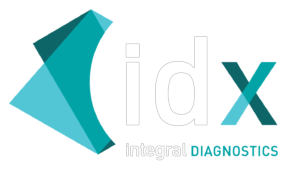Coronary Artery Calcium Scoring (CACS) is a relatively new method to image the coronary arteries to look for signs of Coronary Artery Disease (CAD) due to the buildup of calcium in fatty deposits (or artherosclerosis, also called plaques) in the coronary arteries.
This technique involves the use of a High-Speed Gated CT (Computerised Tomography) scanner. It does not require any medicines or x-ray dyes. ‘Gated’ refers to the ability of the CT scanner to take images in time with the heartbeat, so that there is no blurring of the image.
With a few breath holds, images can be taken of the coronary arteries. From the images the amount of calcium in your coronary arteries is measured, and a score (CAC Score) is calculated from the amount of calcium present. The calcium score is then compared to a reference range for the population of your age and gender, and gives a relative risk of developing symptoms of coronary artery disease compared to that of the rest of the population.
The Heartcheck scan doesn’t replace coronary angiography. The two tests provide different types of information.
Heartcheck screening more accurately determines who is at risk of developing symptoms of coronary artery disease. Coronary angiography is for detection of narrowing of the coronary arteries in a person who already has symptoms of possible coronary artery disease.
The Heartcheck scan can detect the development of plaque before symptoms occur. Plaque starts being deposited in the wall of the artery years before it narrows the artery to the point that symptoms develop. Detection of early coronary artery disease allows individuals to take modifying action before symptoms develop.
Only 60% of people with heart disease have the traditional risk factors for coronary artery disease. CAD is a disease of genetics and lifestyle. You cannot be completely reassured that you will not have heart disease just because your cholesterol is normal, you don’t smoke, have a normal blood pressure and exercise regularly.

